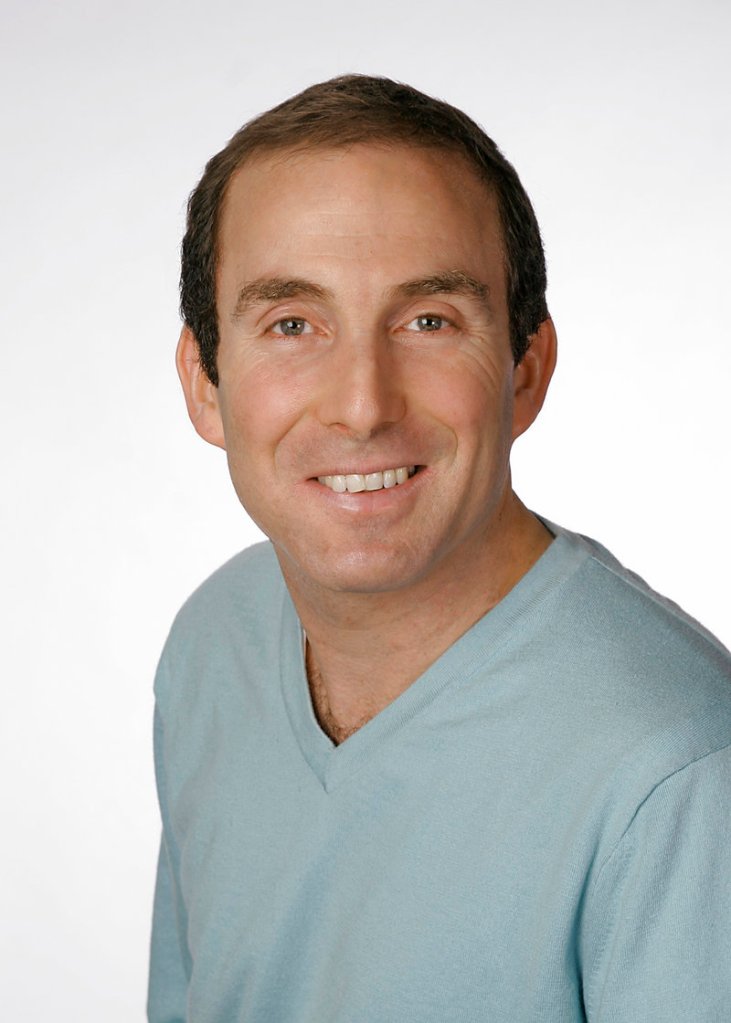Many people associate macrobiotic foods with folks who are battling cancer. But while macrobiotic eating is certainly popular among those struggling with serious illness, well-known macrobiotic educator Warren Kramer says it’s really meant to maintain vibrancy and health.
“A lot of people come to macrobiotics because of illness,” Kramer said. “But macrobiotics is not about cancer or illness. It’s for anyone who wants to live an orderly, healthy life.”
Kramer, who is based in Massachusetts, travels to the Five Seasons Cooking School in Portland this weekend to offer a lecture, a cooking class and a number of one-on-one consultations.
Lisa Silverman, who runs the cooking school on Munjoy Hill, said Kramer has come to teach and speak in Portland for the past 12 years, and always attracts a crowd. There are still spots left in his lecture and class, but his private consultations are almost full.
For anyone who needs a quick refresher, macrobiotics is a style of eating that centers around minimally processed foods possessing balanced, energetic qualities.
Using the Chinese concept of yin and yang, some foods, such as sugar and alcohol, are characterized as very yin, and other items, such as meat and salt, are very yang.
In contrast, whole foods that have balanced energy levels, such as grains, beans, leafy greens and seaweed, make up the majority of macrobiotic meals.
Kramer, 46, first learned about macrobiotics when he was a 20-year-old tennis pro and met a macrobiotic teacher.
“I’d never heard of anything she was talking about,” Kramer recalled.
But after giving the diet a try, he said, “I felt so much better. Then I met a number of people who’d recovered from health problems using a macrobiotic approach.”
He soon enrolled at the Kushi Institute, the country’s leading macrobiotic school, and eventually became the assistant of founder Michio Kushi. Now he offers macrobiotic counseling, and regularly visits seven cities to give lectures and classes.
This past weekend, he was in Orlando, and you’ll often find him in Los Angeles; Chicago; Austin, Texas; Jacksonville, Fla.; Toronto and the New York City area.
Since these are all major metropolitan areas, it’s a little surprising to learn that Portland is the seventh city he visits regularly.
“Even though Portland is small, it’s one of the most active macrobiotic communities in the United States,” Kramer said.
So what will he be bringing to macrobiotic-friendly Portland this time around?
He begins his visit with a talk Friday night titled “How to See Your Health: The Art of Visual Diagnosis.”
Kramer explained that “the outside of the body is a reflection of the inside.”
As examples, he pointed out that bluish lips and fingernails are signs of anemia, and a purplish-red nose is a sign of heart disease. He will elaborate on this information during the lecture, which will be accompanied by a full macrobiotic meal prepared by Silverman and a few assistants.
On Saturday, Kramer’s cooking class is called “Family Friendly Dishes.” In it, he plans to make “dishes more appealing to people eating a modern diet.”
This means what he prepares will use fewer unfamiliar ingredients like seaweed, and more traditional ingredients like vegetable oil.
The menu is still being finalized, but Kramer said it would include tofu-stuffed cucumbers and hearty vegetable soup.
In the more than 20 years Kramer has been involved in the macrobiotic world, he said he’s witnessed growing interest in the diet.
Recently he’s noticed more young, healthy people adopting a macrobiotic approach to eating. Kramer said this has been fueled by the popularity of actress Alicia Silverstone’s 2009 macrobiotic book “The Kind Diet: A Simple Guide to Feeling Great, Losing Weight, and Saving the Planet.”
Another book he praises is Denny Waxman’s “The Great Life Diet: A Practical Guide to Health, Happiness and Personal Fulfillment,” which Kramer says is the foundation of his macrobiotic practice.
One thing Kramer stresses is that there isn’t a one-size-fits-all macrobiotic diet. Instead, macrobiotic eating is meant to be tailored to each individual’s needs, stage of life, the region where he or she lives and the season.
“Eating macrobiotic in Florida is different than eating macrobiotic in Portland, Maine,” Kramer said.
According to Silverman, the guidance Kramer provides to his clients helps them move more easily through life’s many ups and downs.
“It’s been great to have him be such an agent of change and growth in other people,” Silverman said. “Macrobiotics is not meant to be a stagnant practice. It’s meant to evolve as people change.”
Staff Writer Avery Yale Kamila can be contacted at 791-6297 or at: akamila@pressherald.com
Send questions/comments to the editors.




Success. Please wait for the page to reload. If the page does not reload within 5 seconds, please refresh the page.
Enter your email and password to access comments.
Hi, to comment on stories you must . This profile is in addition to your subscription and website login.
Already have a commenting profile? .
Invalid username/password.
Please check your email to confirm and complete your registration.
Only subscribers are eligible to post comments. Please subscribe or login first for digital access. Here’s why.
Use the form below to reset your password. When you've submitted your account email, we will send an email with a reset code.